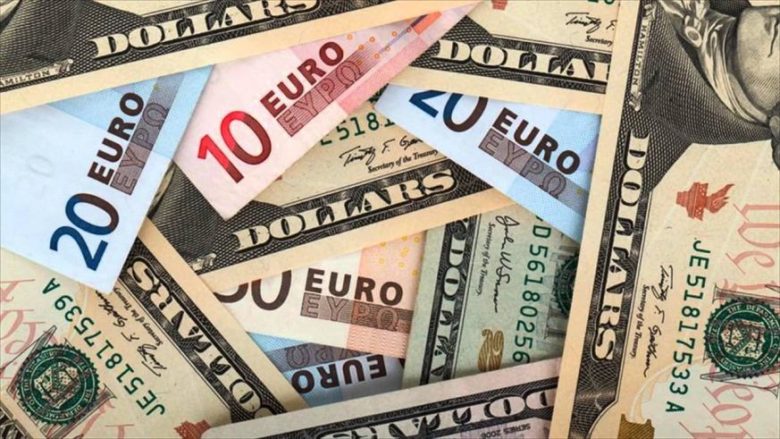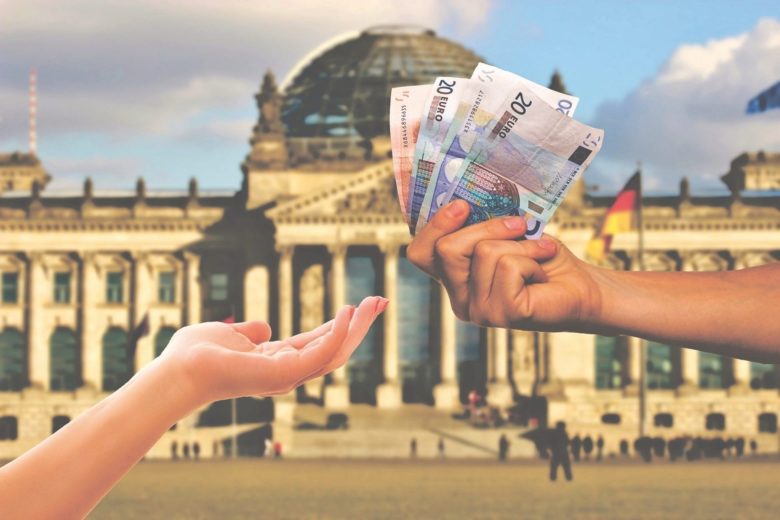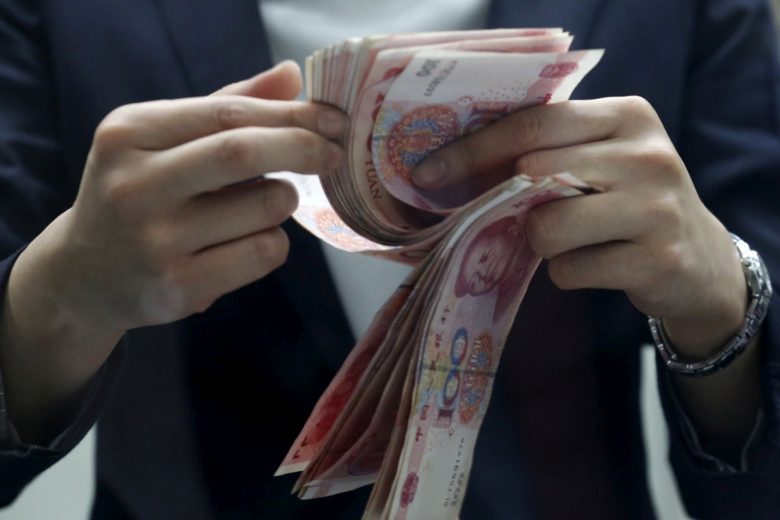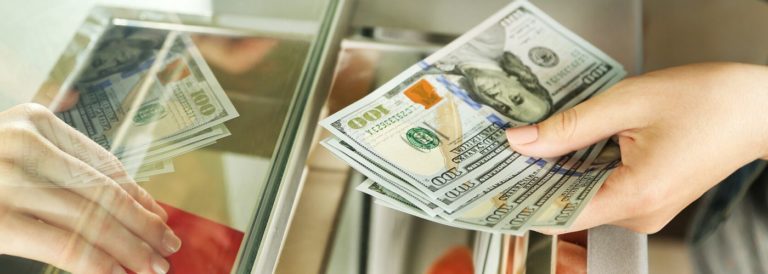Whenever we go on holiday in a foreign country that doesn’t use the money we use, we exchange our money by purchasing that currency. In simplest terms, this is called currency exchange but there is far more to it than simply purchasing.
The process of purchasing this new currency with your currency is called an exchange rate, and it tells you how much your currency is worth in a foreign currency. The exchange rates are decided by the traders, the Foreign exchange traders, and these people usually make the rates for each currency to currency trading. This is done on the Forex market, where traders trade more than $5 trillion a day.

As trades are done every single day, every single minute, and every single second, rate change depending on the amount of specific currency that is being bought or sold. If a specific currency is sold more, then its price lowers, and the opposite if the currency is bought.
Each currency has its periods of strengths and weaknesses. This can rarely be predicted, but it’s smart to purchase a specific currency whenever the currency is weaker. If the U.S. dollar is strong, then you can purchase more, and if the U.S. dollar is weak, you will purchase less.
Three Factors that Affect the Exchange Rates
1. Interest Rates

According to CNV, the biggest factor that affects a currencies’ value, which subsequently affects the rates, is the supply and demand of that specific currency. A big part of this plays a country’s central bank and the dealings of the country itself. Each central bank has interest rates; the higher the interest rates, the higher the value of the currency. An increase in interest rates provides lenders with higher rates. This attracts more foreign capital which increases the exchange rates even more.
2. Inflation Rates
Another factor that determines the exchange rates is the inflation factor. A country that has lower inflation rates than another country with bigger inflation rates will see a rise in its currency’s value over the other. Each price of goods and services sold to the country with the higher inflation rates will have more favorable exchange rates. A country with low inflation will see its currency value rise compared to countries that constantly perform poor on the Forex exchange.
3. Political Stability and Performance

Politics also play a crucial role when determining a country’s currency strength. A clear example, Venezuela is currently in a dire state of affairs. Its political situation has been so devastating that its currency is virtually none existed. As of now, if you are to purchase a single USD with VEF (Venezuelan Bolivar) it would take you almost 25,000 VEF. Venezuela is a clear example of political turmoil. If a country is in political turmoil, fewer foreign investors will do business with it. As a result, a country cannot attract foreign capital and the domestic currency fails even more. If a country is stable and performs well in trade policy and finances, then there is no room for the value of the domestic currency to fail. However, if a country experiences the opposite, then there is a real possibility for the domestic currency to see a depreciation in currency exchange rates.

